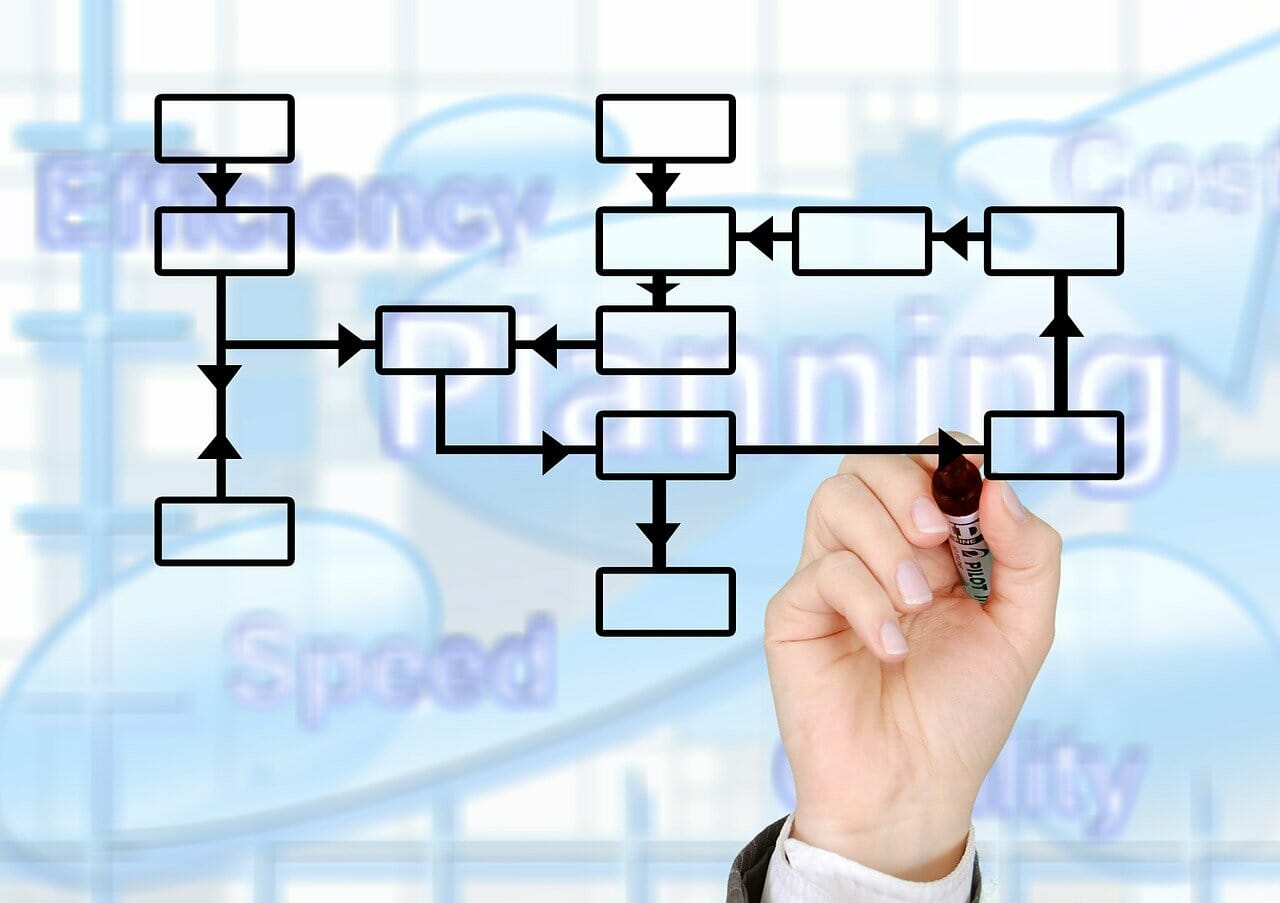If you want to run a successful business, then you need to get your orders to your customers on time. This means that you need to think carefully about how you will handle your fulfillment issues. You might be thinking about partnering with a third-party logistics company, which is usually shortened to 3PL. You might also be partnering with a fourth-party logistics company, which is usually shortened to 4PL. What do you need to know about these two options, and what are some of the biggest differences? Make sure you think carefully about your needs and find the right logistics partner to assist you.
What Does a 3PL Do For You?
A third-party logistics company is focused on helping you improve your day-to-day operations. For example, a 3PL might help you find the right warehouse to take care of your inventory. Then, this company will also help you fulfill your orders. If a customer contacts you to place an order, your 3PL will pick the order, pack it up, and ship it to your customer for you. Your 3PL might also handle reverse logistics on your behalf. For example, if you need to return something to one of your suppliers, your 3PL might help you do that.
Furthermore, your 3PL partner can also handle orders that come from your suppliers. For example, if one of your suppliers sends inventory to you, your 3PL can track it and make sure it arrives intact. Then, if there are issues with it, your 3PL partner can reach out to your supplier and address any concerns. Of course, if you have questions or concerns about your warehouse, inventory, or supply chain issues, your 3PL partner should be able to handle this for you.
What Are the Differences Between a 3PL and 4PL?
So, what are some of the differences in a 3PL and 4PL? If you decide to partner with a 4PL, you are partnering with someone who is one step further removed from the process. Your 4PL is responsible for overseeing everything, but they may not necessarily be in touch with the day-to-day operations.
Some of the biggest differences you need to keep in mind include:
• If you partner with a third-party logistics company, they frequently own warehousing and transportation assets. If you partner with them, you may get acess to these assets, making it easier for you to streamline your order for fulfillment. A 4PL company doesn’t always own assets. Even though they can help you with these issues, they don’t necessarily own warehouses on their own.
• If you are looking for someone who can help you optimize your day-to-day operations, then you may want to work with a 3PL company. On the other hand, if you are looking for someone who can help you optimize the supply chain, you might want to work with a 4PL company instead.
• If you have problems with your supply chain, you may need to reach out to multiple people to figure out who is in charge of your assets. Your 3PL partner is not always in touch with everything going on with the supply chain. On the other hand, with a 4PL company, you always have a single point of contact for all issues related to your supply chain.
These are a few of the top differences you need to keep in mind.
Who Do You Partner With?
If you are looking for help with your logistics, who should you partner with? If you are looking for someone who can handle everything, you may want to partner with a 4PL company. If you are looking for someone who can assist you with your day-to-day operations, then you need to partner with a 3PL company instead.
Partner With the Right Team
In the end, if you are looking for someone who can help you with your logistics, there are plenty of options available. You need to think carefully about the benefits and drawbacks of each option before you make a decision. Consider reaching out to a logistics specialist who can help you streamline your supply chain and meet the needs of your customers and clients. That way, you can stay ahead of your competitors.




